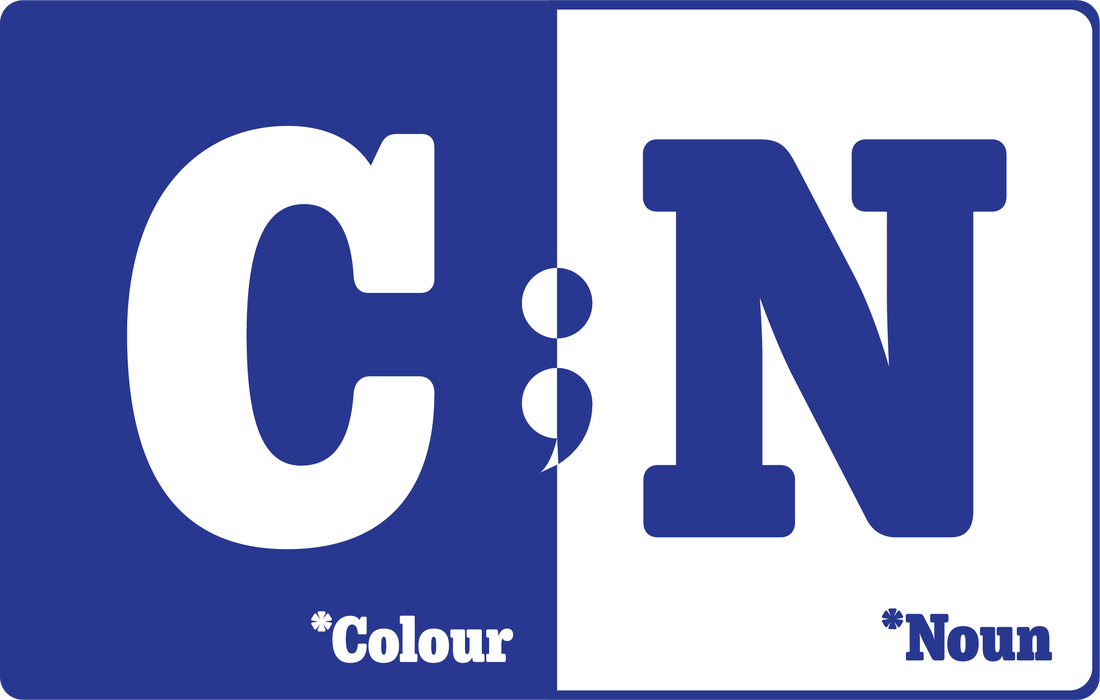|
Full disclosure: If the people on your team don’t get on, have long-standing disagreements or personality clashes or if the leadership of the team is flawed you will not put it right with a “team building” activity, however much fun it is.
There, now that’s out of the way we can work on our relationship. That might be hard because you don’t know me, or it could be that you have doubts about my knowledge or experience. Bit like the problems you might have between individuals on your team. So, what can we do about it? Well, what we won’t be doing is building a raft, walking on fire, learning how to survive in the woods, go paintballing or booking a round of golf. I could go on at length about each of these, but done badly they amount to variations on compulsion, workplace bullying, appealing to misplaced macho cultural posturing or creating an environment that excludes others. Similarly, we won’t be insulting you with some pointless, time-filling “busy time” that will be retro-fitted with vague “what did you find out about each other while you did that” questions. That last point is something that has come up many times for us. The conversation goes like this: “We have a morning of content from the team leaders that carries on until just after lunch, but we need a fun team building exercise for about two hours at the end of the day.” “I see. So, what areas would you like to look at?” “We just want to bring them closer together and let them have some fun after a lot of being talked at.” You don’t want a “team building exercise” because you have no concept of where any team dysfunctions might be sitting. What you want is a two-hour filler because you have run out of content and you don’t want to send them to the bar that long before dinner. That gripe aside, let’s assume that you genuinely have a sense that all is not well in your team dynamic, or at least it could be better. An off-the-shelf activity is unlikely to address that, much less put it right. If you could build a team in such a short period, we would all be successful football managers and pre-season training could start a couple of days before the first scheduled fixture. The reality is that the team building exercise is not the thing that will build your team. The insights and the conversations that happen while it is going on are where the magic happens. The point where somebody realises what they are saying and doing, or not saying and doing, is having an effect on the people around them and the success of the activity they are undertaking. To get to this point you need something that in some way replicates the area where you think the team are not operating at their best. Do they have trouble trusting other people? Give them something that requires trust and delegation. Are their hand-offs between departments and individuals suspect? Let’s explore that then. Unless you work for Robin Hood International, Sharon from Finance won’t understand the pressures of Dave from Procurement by bonding over a team archery challenge. The secret to a good team building activity is understanding the roles, pressures and characters in your team and finding ways to help each person express how these factors affect them in a safe and non-judgemental, non-confrontational environment. That doesn’t mean to say that you have to turn up with detailed psychological profiles of each person and a breakdown of their workflows and interactions. In fact, if you did, they would probably be wrong. They would be based on your external perspective, not the team’s lived reality. The trick is to have an activity or an exercise that is close enough to the high-pressured world of work that they know but is fun and light-touch in the way that it is presented. You then run it, let people play in this safe world and then – crucially – let them talk about what they saw, felt and experienced and help them apply these insights to make their team stronger. In our considerable experience we have found that by avoiding suggestions that “team building” is a thing, and instead giving people an engaging activity framed by our approach of context (“this is why we’re doing this”), experience (the activity itself) and reflection (“what made the task work better or worse”) your team can enjoy a shared activity, lose themselves in it… and in so doing find things out about themselves, their colleagues and their relationships that build them as a team rather than foist the notion of “team building” on them. There’s a subtle difference.
0 Comments
Your comment will be posted after it is approved.
Leave a Reply. |
AuthorColour; Noun (Vicky Holding and Howard Karloff) Archives
November 2022
Categories |


